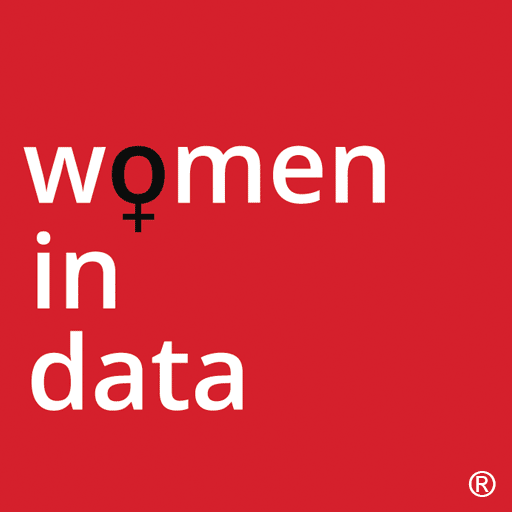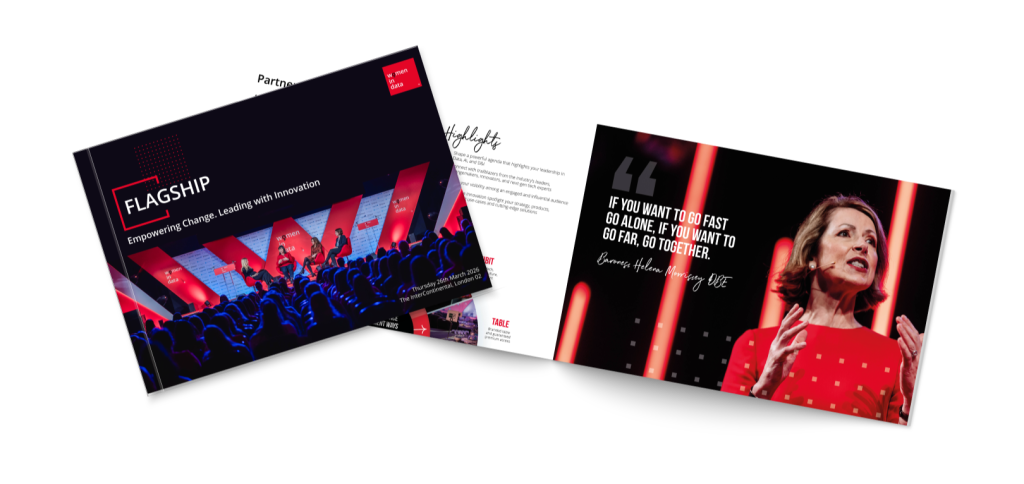A round-up of the UK’s first “Women in Data” Summit organised by Datatech November 2015 at UCL.
Introduction
At Women in Data 2015 we heard from some of the sector’s senior managers and pioneers. Watch a video overview of the event or view videos of the speaker’s presentation in the Video tab below. The speakers have bucked the trend and provide role models for women who are in a minority in science, technology, engineering and maths (STEM) careers. According to the Office for National Statistics women account for just 13% of STEM professions.
With the rise in popularity of big data it’s giving cause for concern as Britain already faces a 36,000 shortfall in qualified engineers. Today we celebrate the achievements of women in data who are helping to shape the future of Analytics.
Datatech and University College London
Women in Data 2015 was jointly organised by the Department of Statistical Science at UCL and Datatech. Datatech regularly recruits UCL graduates and was pleased to partner with one of the most recognised universities in Analytics. UCL promoted an opportunity for its students to familiarise themselves with some of the numerous exciting careers that they can go into as a data scientist, which will also allowed them to network with established data scientists.
Who attended
People from all stages of their career: students, graduates, analysts, statisticians, consultants, managers and directors.
What attendees heard
- Success stories: how women have planned, secured and maintained some of the top jobs in industry
- How skills gaps are being addressed: staying ahead of the curve in skill acquisition.
- Key industry developments: insight on why the industry has shifted and what to expect over the next 12 months.
Women in Data 2015
Women in Data was unlike other events in the industry. Our guests left feeling inspired as the forum was designed to:
- Go beyond just discussing trends, and focus on the personal accounts of successful women in the industry so you can learn from their experiences.
- Facilitate networking by seating guests around small, intimate tables, allowing you the opportunity to foster new relationships, learn from your peers and discover how to take the next step in your career.
- Educate with useful insights on data science from our partner UCL.
- Bring important stakeholders in the industry together, from students to directors of companies in diverse industries. Our agenda includes valuable content and lessons learnt for people at every stage in their career.
5 reasons women are reluctant to choose a career in data
1) Balancing family life: a survey by the Guardian and Netmums has found that 60% of mothers put their careers on hold to care for their children.
2) No career path: traditionally data analytics has been shoehorned into existing departments, such as marketing, finance and IT, with no clear career progression.
3) No female leaders: without someone aspirational to look up to, many women are unable to picture themselves working in high-powered positions, so stay in mid-level jobs.
4) Lack of awareness: students may love science and maths but simply don’t know a career in data analytics is available to them, instead choosing to stick to traditional careers in finance.
5) Low confidence: male colleagues tend to have a stronger sense of self-belief. A recent OECD study found that even in school, girls lacked confidence in science and maths, even when their results were as good, or better, than boys’.
However, the landscape is shifting. Women in data are no longer seen as anomalies in what was a male dominated environment. Now they’re seen as an opportunity for companies moving towards big data analytics.
3 reasons women are suited to data analytics
1) A 360 degree view: with an inherent sense of creativity, women are equipped to balance the maths and science elements of data analytics to produce a comprehensive and more innovative outcome.
2) Better team dynamics: women are inclusive and have a gentle and warm approach that generally brings balance to a work environment, which can lead to a better standard of work being produced.
3) Stronger relationships: with data analytics becoming a more integral part of business, women typically build relationships with others that open up access to information and its flow throughout an organisation.
Women in Data 2015 helped us to:
- See how women can carve a long and successful career in data analytics.
- Learn from the past to help shape the future.
- Find support that is available to aid women in their career choice.









